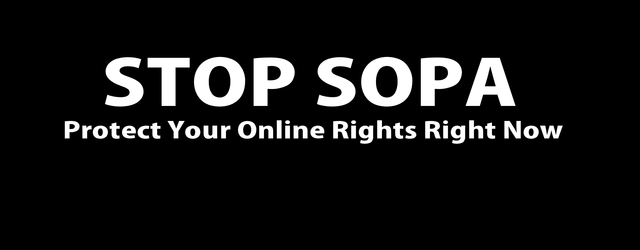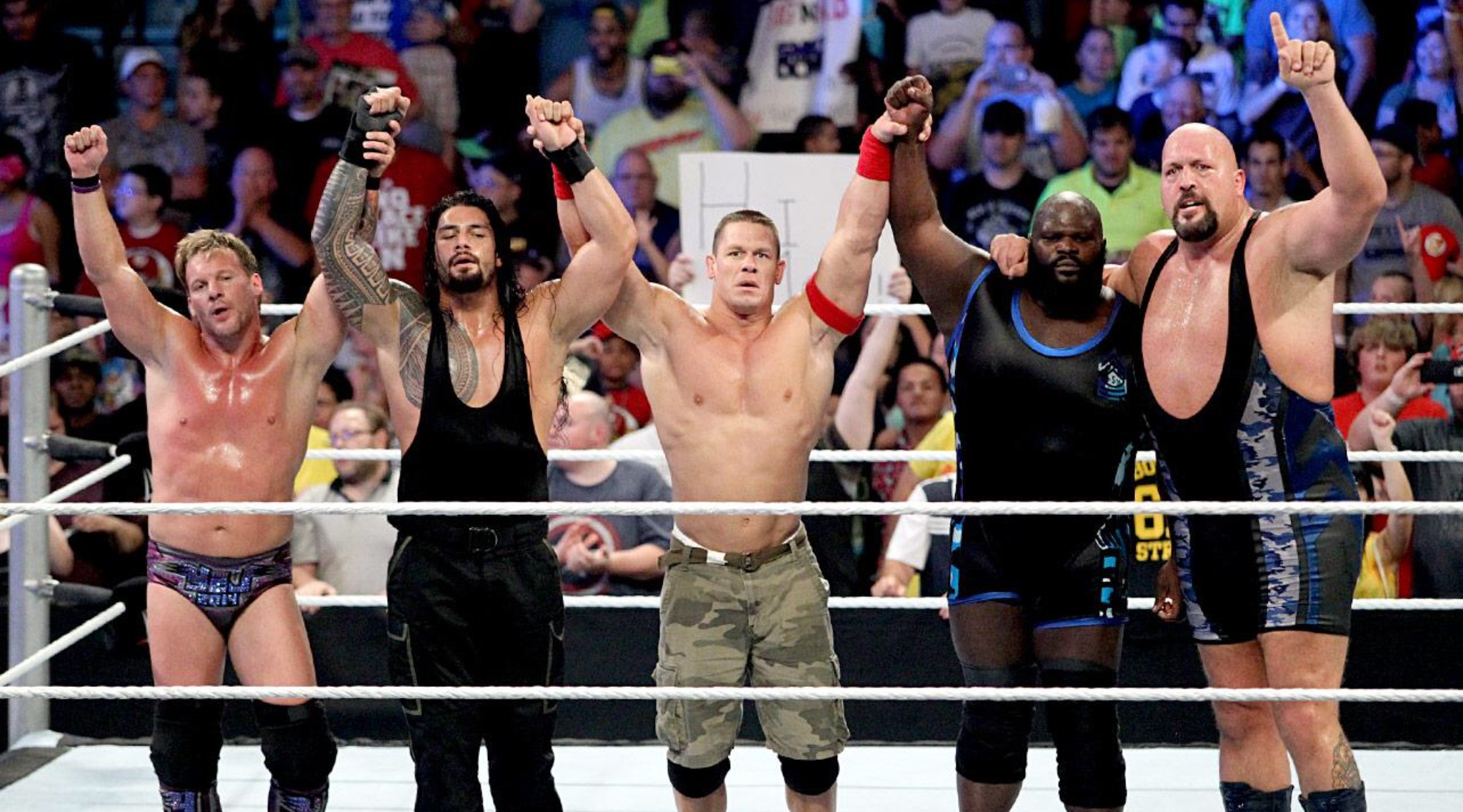
As I got into work the morning of January 20, the 34 year old woman that I work with frantically asked me “did you know the government is trying to shut down YouTube and Facebook?!”
The Stop Online Piracy Act, or SOPA, as its lovingly being called by those associated with it, has been making a splash in news for the past couple of weeks. But how many of the people who are talking about it actually know what it was made to do?
SOPA is a bill that was created to put a stop to illegal foreign websites who have stolen American technology and intellectual property and then sold it to make a profit. Because websites that do this cost the United States economy more than $100 billion annually, Republican Chairman Lamar Smith from Texas introduced the Stop Online Piracy Act on October 26, 2011.
However, as many big websites have already stated, this type of censorship of the Internet can easily be misused, and that is what most people are afraid of.
So on Wednesday January 18, 2012, in protest of the Stop Online Piracy Act, huge websites like Wikipedia and Google lead an online blackout of thousands of websites that lasted for 24 hours. Wikipedia reported that over 162 million people viewed their blacked-out page during the protest, which is an enormous amount when compared to the 111 million people that watched the 2011 Super Bowl.
Of those 162 million, eight million decided to take action by contacting their designated government representatives, seven million signed Google’s petition against SOPA, and there was a reported 2,000 calls a second to members of local Congress across the country.
Not only were their protests online, but on the streets as well. Protestors gathered in the streets of Seattle, New York City, San Francisco, and Washington D.C. to show Congress they were not going to be silenced without a fight.
Because of all the opposition, many of the politicians who were backing SOPA began retracting their support. ProPublica stated that before the protest there were 80 members of Congress supporting the legislation and 31 opposing it. On January 19, the day after the online protest, 17 members of Congress that were originally supporting SOPA crossed the line to the opposition side, along with 74 other members! ProPublica reported that there were 63 members still supporting it, while 122 opposed.
Because of all the opposition to SOPA, Friday, January 20, the House of Representatives and the Senate decided to postpone voting on both SOPA and PIPA, the Protect IP Act, out of, what seemed like, fear.
However, before the postponement, Megaupload, one of the world’s largest file-sharing sites based in New Zealand, was shut down by the US government, who accused Megaupload of costing the copyright holders of many of the files on the site over $500 million in income.
The hacker group, Anonymous, in retaliation of the shutdown of Megaupload, crashed both the Justice Department and the FBI websites. The target of the group’s hacking was to stop the legislation from getting passed, and for right now, it looks like they got what they wanted.
Congress has not gotten rid of SOPA completely, meaning it can come back soon. But it might not happen for a while. We just have to keep an eye out.




